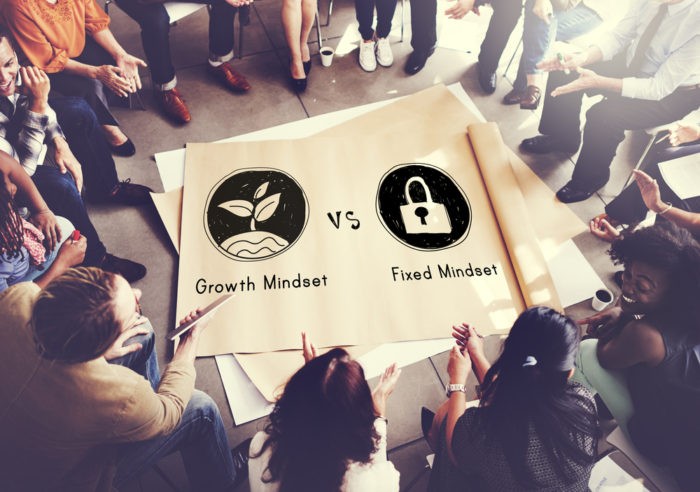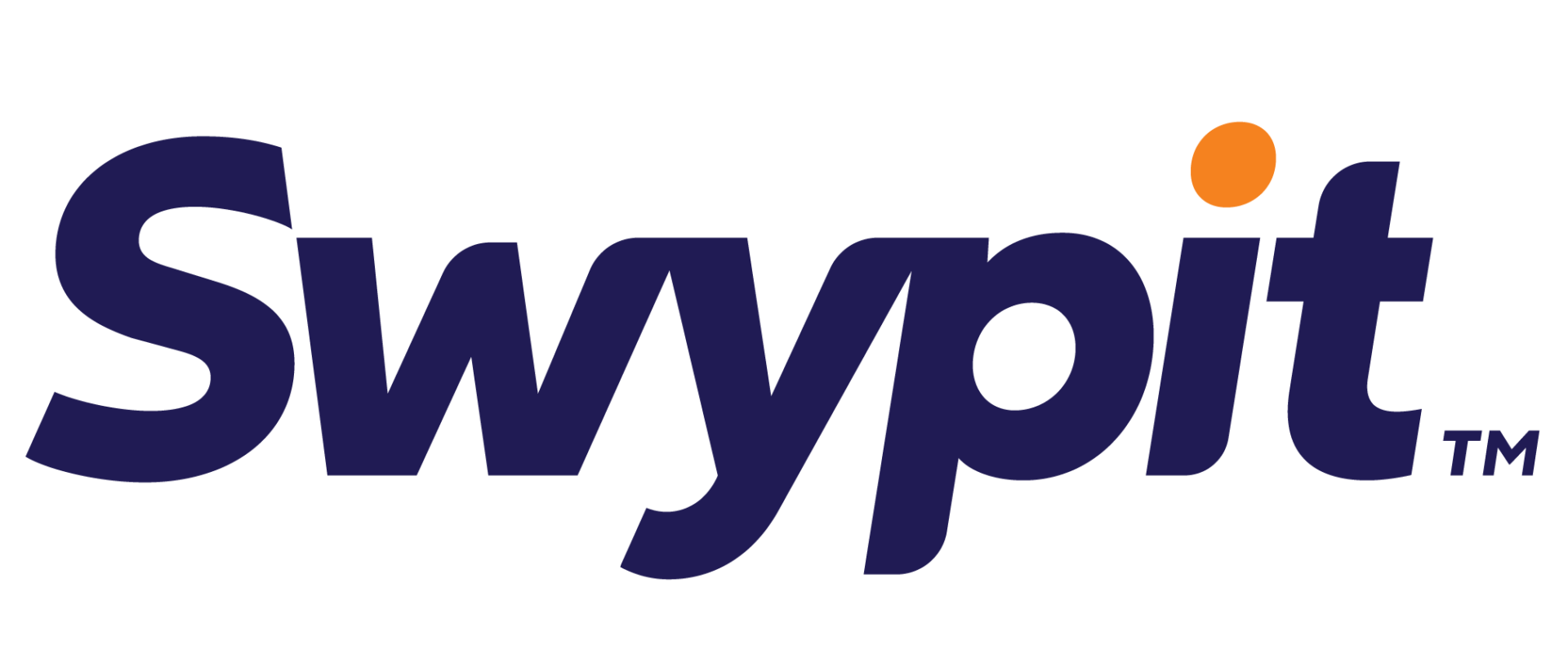Running Your Business Well: A Fixed Mindset vs A Growth Mindset—Which Wins?

Blog
If you had the choice, would you rather hire someone who already seems to, “know it all” or someone who might be a little lower on the knowledge/skill tree but who seems to have a thirst for learning MORE and becoming MORE proficient at their job or career?
When Satya Nadella became CEO of Microsoft in 2014, he proudly declared that he would most certainly hire the latter over the former. But Satya not only looked to fill open positions with such individuals, he began to strongly encourage Microsoft’s current employees to “stay curious” and practice a quest for “lifelong learning.”
In other words, as Inc. Magazine reports in their article titled, “1 Personality Trait Ultimately Determines Your Success, According to Microsoft CEO Satya Nadella,” by Betsy Mikel, Satya wanted, “…fewer know-it-alls and more learn-it-alls.”
Why? Why did the CEO of one of the most successful enterprise companies in the world prefer those STILL LEARNING above those who seemed to have their career “fully mastered?”
The idea really began with psychologist Carol Dweck. Dweck theorized that “talented” wins over “smart”—in the long run—almost every time. Primarily, because “smart” adds pressure to “achieve” whereas “talented” drives more consistent and continuous learning and growth that will equate to greater success long-term.
Satya goes on to explain that in business, this equates to a fixed mindset vs. a growth mindset and just like with personalities in general, the latter is equated to a higher level of success than the former.
With a fixed mindset, you pretty much think you know and can do, all you need to know and do, simply because you’re “smart.” As a result, you’re not real likely to seek out more knowledge and/or to improve your skills and acumen. You’re also more likely to be frustrated and get stuck when faced with seemingly insurmountable issues.
On the other hand, with a growth mindset, you think you have room to get better and smarter with effort—hard work and dedication. You also deal with setbacks better, choosing to focus on future opportunities instead of past “failures.”
In general, a growth mindset is a more optimistic mindset. And optimism has been tied to all sorts of positive benefits both personally and professionally. It not only seems to breed success, but according to research and studies, it makes relationships better and more fulfilling as well.
Summarily, Dweck and Satya’s idea of the growth mindset and accompanying optimism, also go hand-in-hand with the concept of the lifelong learner. Satya’s boss, Bill Gates, agrees with his new CEO’s beliefs too. Gates says, “For the curious learner, these are the best of times because your ability to constantly refresh your knowledge with either podcasts or lectures that are online is better than ever.”
What would you consider yourself—a “know-it-all” or a “learn-it-all?” Do you have a fixed mindset or a growth mindset? Think about it… if this is what we should be looking for in the most productive of employees—those that will help us to expand our business and enlarge our bottom line—shouldn’t we want to be sure that we ourselves are walking the walk and not just talking the talk?
Whether you do or do not have a growth mindset, the good news is that it’s not too late to change. In fact, by reading this article, you are already taking part in the process of expanding information and knowledge. Simply put, just keep it up. Stay curious and you should go farther than you ever imagined.
